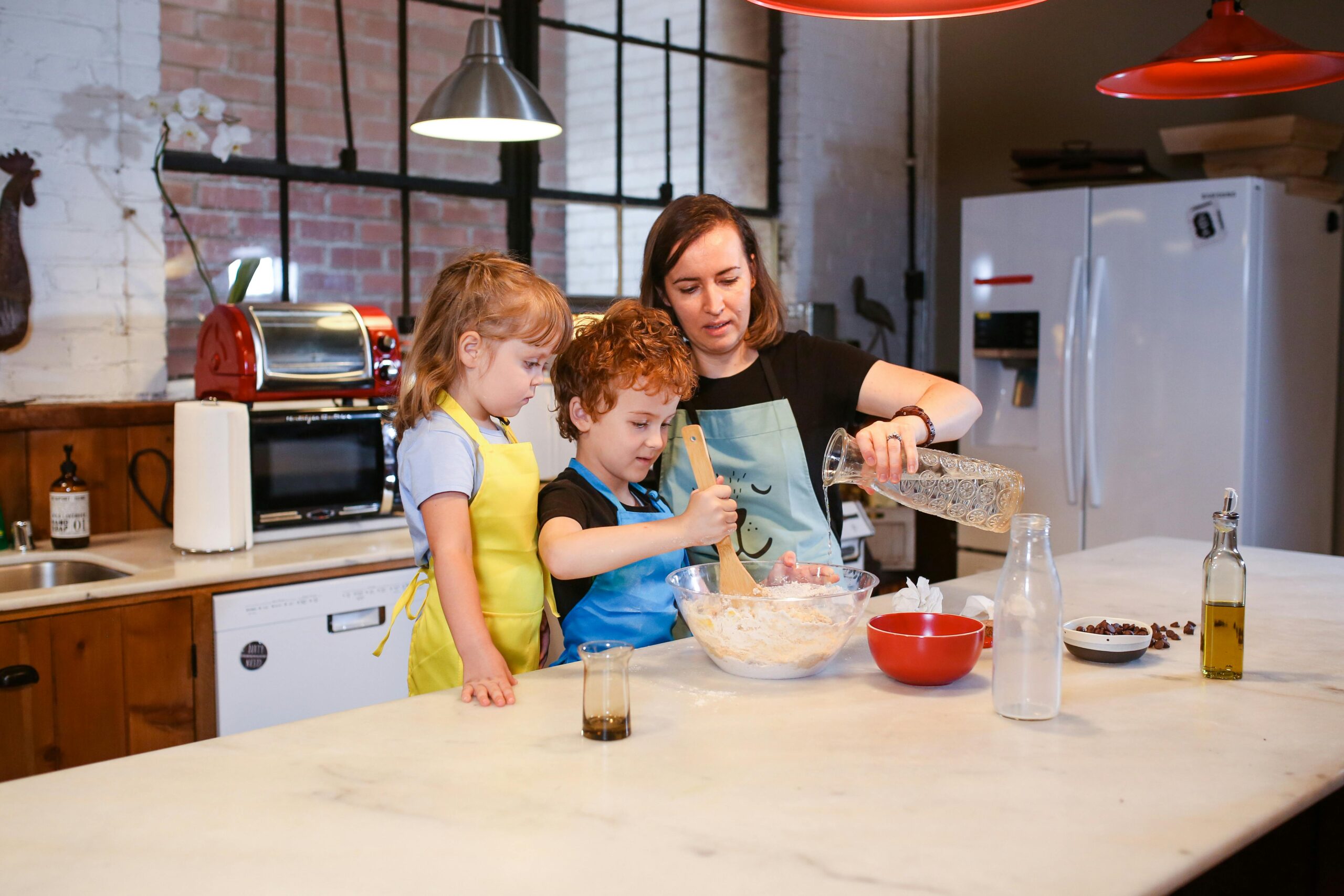Parenting is a journey filled with joys and challenges. As the dynamics of society evolve, so do parenting styles. While modern parenting emphasizes individuality and emotional health, traditional approaches offer timeless wisdom that should not be overlooked. In this blog, we explore the best parenting practices, the gaps in modern parenting, and how we can integrate the strengths of both worlds to raise well-rounded, responsible children.
1. What Makes Parenting ‘Best’?
The essence of best parenting lies in balance. It involves creating an environment where children feel loved, secure, and valued while instilling the discipline and resilience they need to navigate life. Successful parenting also prioritizes a child’s emotional well-being, teaching empathy, and fostering independence while maintaining a strong connection to family values and cultural traditions.
Best parenting is not about being perfect but about being present and adaptable. Each child is unique, and parents must tailor their approach based on their child’s personality and needs. A blend of emotional support, structured guidance, and consistent boundaries creates a nurturing space for growth.
Modern parents must focus on holistic development by integrating timeless principles like respect, duty, and accountability while addressing contemporary challenges like technology overuse and shifting family dynamics.
2. Challenges in Modern Parenting
Modern parenting is often characterized by a focus on individuality, but it faces challenges that can hinder a child’s growth. The prevalence of technology is one such challenge; children spend hours on screens, which affects their social skills, creativity, and physical health. Additionally, the fast-paced lifestyle of today’s parents often limits quality family time, leaving children without a strong foundation of connection and support.
Another issue is the emphasis on leniency and freedom. While autonomy is essential, lack of discipline and boundaries can lead to entitlement and a lack of responsibility. Parents sometimes avoid imposing rules to maintain a friendly relationship with their children, but this can dilute their role as guides and mentors.
Striking a balance between fostering independence and ensuring discipline is critical. Modern parenting must address these gaps by borrowing from the structured, community-oriented approach of older generations while adapting to today’s realities.
3. Lessons from the Older Generation
Traditional parenting was deeply rooted in discipline, family values, and a sense of duty. Parents in the past placed the family’s welfare above individual desires, teaching children to prioritize collective success over personal gain. Respect for elders was a cornerstone, instilling humility and gratitude in children.
This approach also emphasized strict routines and clear boundaries. While it may seem authoritarian by today’s standards, such structure built resilience, accountability, and a strong moral compass in children. Community involvement was another hallmark of old-school parenting, where extended families and neighbors contributed to a child’s upbringing.
Modern parents can learn from this by fostering a sense of belonging, accountability, and respect. Balancing these lessons with contemporary understanding of mental health and emotional well-being can create a more holistic approach to parenting.
4. Importance of Family Values
Family values are the foundation of strong relationships and character development. Traditional parenting emphasized these values to build a child’s identity and purpose. Loyalty to family, honesty, and respect for cultural traditions were integral parts of upbringing in the past.
Incorporating family values into parenting helps children understand the importance of unity and shared responsibility. It teaches them to prioritize the well-being of others, fostering empathy and cooperation. Moreover, strong family values provide children with a moral compass that guides them through life’s complexities.
Parents today can incorporate family values by spending quality time together, celebrating traditions, and engaging in open discussions about ethics and decision-making. These values create a sense of stability and purpose, which is essential in today’s fast-paced, often fragmented world.

5. Discipline: A Cornerstone of Growth
Discipline is a critical aspect of parenting that ensures children grow into responsible, self-reliant adults. Traditional parenting relied on clear rules and structured routines to instill discipline. Parents set boundaries and consistently enforced consequences, teaching children the importance of accountability.
In today’s context, discipline doesn’t have to mean rigidity or punishment. It can be approached positively, using techniques like setting clear expectations, rewarding good behavior, and guiding children through problem-solving. Teaching discipline helps children develop time management skills, perseverance, and a sense of purpose.
Balancing discipline with emotional support ensures that children feel loved and understood while learning essential life skills. Parents who adopt this approach can prepare their children to navigate challenges confidently and responsibly.
6. The Role of Community in Parenting
In traditional settings, parenting was a communal effort. Extended families, neighbors, and friends actively participated in raising children, creating a supportive network that reinforced shared values. This collective approach ensured that children learned cooperation, respect, and a sense of belonging.
Today, the concept of “it takes a village to raise a child” is often lost in the face of nuclear families and busy lifestyles. However, parents can rebuild this sense of community by fostering connections with neighbors, joining parenting groups, and participating in cultural or social activities.
Community involvement not only supports parents but also exposes children to diverse perspectives and role models. Encouraging children to be active members of their community instills values of empathy, collaboration, and social responsibility.
7. Balancing Traditional and Modern Parenting
The ideal parenting style blends the strengths of both traditional and modern approaches. From the old-school methods, we can adopt respect, discipline, and family values. From modern techniques, we can embrace emotional intelligence, open communication, and individuality.
Balancing these aspects requires self-awareness and adaptability. Parents should establish boundaries while encouraging open dialogue, teaching children to express their emotions constructively. Combining structure with flexibility helps children feel secure yet independent, disciplined yet creative.
Ultimately, parenting is about finding harmony. By merging the wisdom of the past with the insights of the present, parents can raise children who are not only successful but also compassionate and grounded.

8. Parenting for a Brighter Future
Parenting shapes the future by nurturing the next generation. By embracing traditional values like respect, discipline, and community while addressing modern challenges like technology and emotional health, parents can create a holistic approach to raising children.
The goal is not perfection but progress—adapting to a changing world while preserving the timeless principles that build strong families. Parents who focus on balance, love, and responsibility can prepare their children to thrive in a complex, interconnected world.
Let’s honor the wisdom of the past while embracing the possibilities of the future. After all, great parenting is the foundation of a brighter tomorrow.


